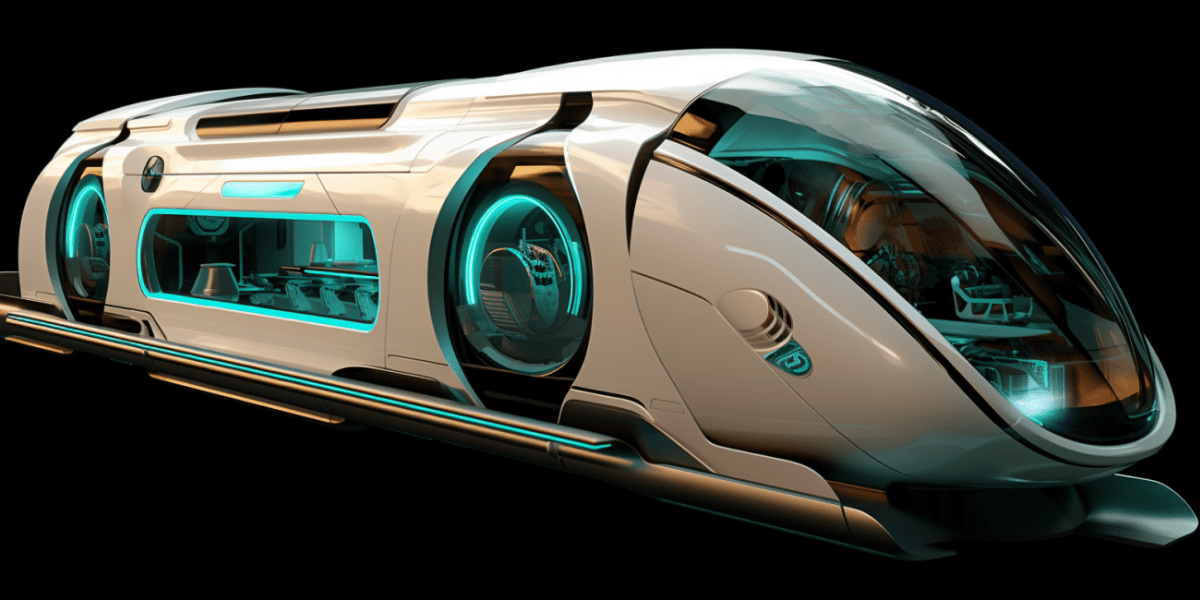In our quest for a sustainable future, the role of system integrators has emerged as a vital catalyst. With their expertise in implementing Industry 4.0 technologies and their ability to align solutions with the United Nations’ 2030 Agenda for Sustainable Development, system integrators are poised to play a significant role in helping industries achieve their sustainability goals. In this article, we will explore the profound impact of system integrators in advancing sustainability initiatives and fostering partnerships for a better world.
Table of Contents
Unveiling the United Nations’ Sustainable Development Goals
The United Nations’ 2030 Agenda for Sustainable Development encompasses 17 sustainable development goals (SDGs), ranging from eradicating poverty and hunger to promoting clean energy and responsible consumption. These goals, supported by numerous targets and indicators, serve as a roadmap for global progress. System integrators have a unique opportunity to leverage their expertise in various enabling technologies to directly contribute to several SDGs.
The Marriage of Industry 4.0 Technologies and SDGs
Industry 4.0 technologies, including the Industrial Internet of Things (IIoT), Big Data and analytics, cloud computing, simulation, augmented reality, additive manufacturing, autonomous robots, and cybersecurity, have the potential to make a profound impact on achieving the SDGs. By embracing these technologies, industries can drive innovation, foster sustainable infrastructure, and promote responsible production and consumption. The correlation between enabling technologies and SDGs has been scientifically established, showcasing the transformative power of technology in driving sustainable development.
System Integrators as Agents of Change
System integrators are at the forefront of implementing Industry 4.0 technologies, making them natural allies in the pursuit of sustainable development. With their expertise in integrating diverse technologies, system integrators can help end users achieve their sustainability goals across various SDGs. From driving innovation in industry and infrastructure to creating sustainable cities and communities, system integrators enable organizations to make a positive impact on their environment and society.
Expanding the Reach of Sustainability Efforts
While Industry 4.0 technologies directly influence some SDGs, system integrators also have a role to play in other sustainability initiatives. Traditional water and wastewater integration projects contribute to clean water and sanitation (SDG6). Energy management, renewable energy, and cogeneration projects impact climate action (SDG13). Water treatment projects and initiatives related to fish feeding or breeding affect life below water (SDG14). Projects involving animal feeding, breeding, and water treatment contribute to life on land (SDG15). These examples underscore the broad spectrum of sustainability goals that system integrators can help address.

Building Partnerships for a Sustainable Future
The Control System Integrators Association recognizes the importance of partnerships in achieving the SDGs, aligning with SDG17: Partnership for the goals. Collaboration between system integrators, end users, and other stakeholders is crucial in sustaining initiatives aimed at creating a more sustainable world. By working together, we can harness the collective expertise and resources needed to drive meaningful change and realize the vision of a sustainable future.
Conclusion
System integrators hold a pivotal role in promoting sustainability and driving the achievement of the United Nations’ SDGs. With their proficiency in implementing Industry 4.0 technologies and their ability to address a wide range of sustainability initiatives, system integrators are key enablers for organizations seeking to make a positive impact. By embracing collaboration, fostering partnerships, and leveraging their expertise, system integrators can help industries navigate the path towards a sustainable and prosperous future.



